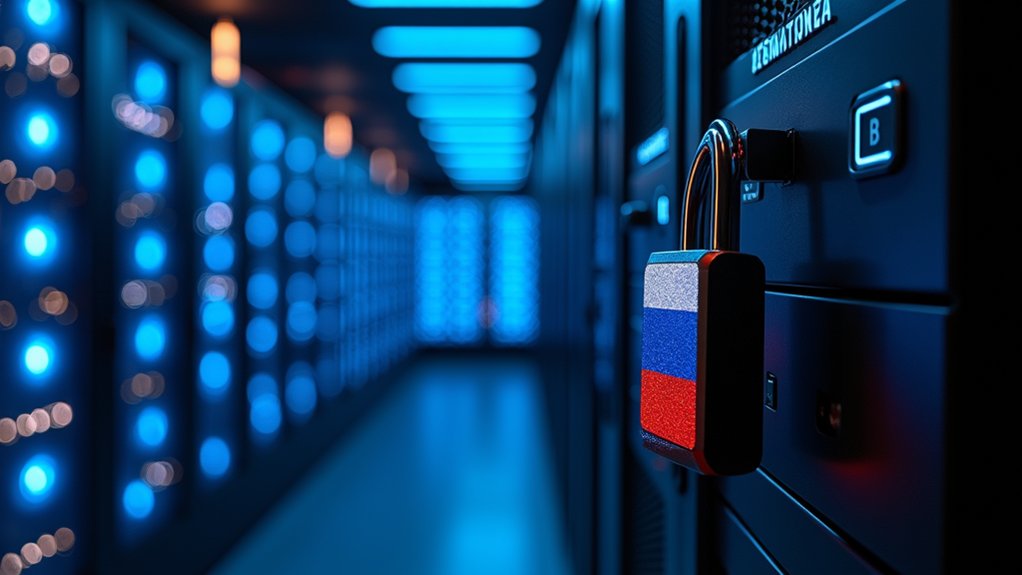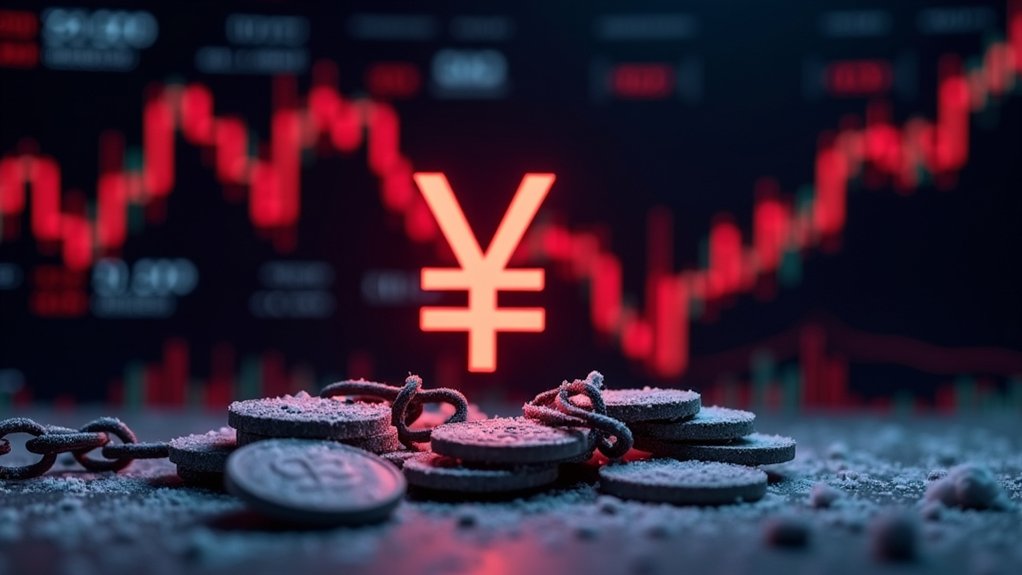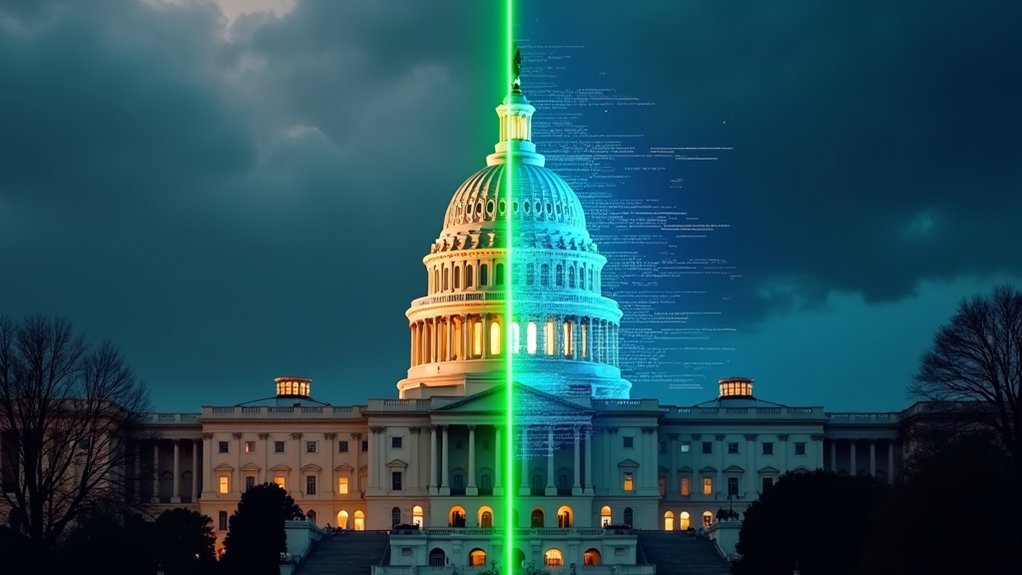As Russia grapples with a surge in crypto-related crimes, its Supreme Court is taking a decisive step by pushing to classify cryptocurrency as property. The move, building on previous rulings from 2019 and 2021, aims to fill the gaping holes in the current legal system. The Central Bank’s initiatives to develop experimental infrastructure for approved businesses demonstrates Russia’s commitment to integrating crypto into its financial system.
Let’s face it – catching crypto criminals isn’t exactly a walk in Moscow’s parks right now. The blockchain size has grown beyond 627 GB, making transaction tracking increasingly complex.
The timing couldn’t be better. Russian law enforcement has been pulling their hair out trying to track and seize digital assets. Now, with this new classification, they’ll have better tools for freezing illegal funds and prosecuting criminals. It’s like giving the police a digital GPS instead of a paper map from 1985.
The tax implications are serious business. Individual crypto holders will face progressive rates of 13% and 15%, while mining companies will need to cough up 20% starting in 2025. The government’s not being subtle about its expectations – they’re eyeing a cool 200 billion rubles in annual tax revenue. Mining operators must report to local authorities or face hefty fines. That’s a lot of digital rubles.
For everyday crypto users, it’s a mixed bag. Sure, they’ll get better legal protection against fraud and a clearer framework for ownership. But wave goodbye to some of that precious anonymity. The days of crypto’s Wild West in Russia are numbered.
Implementation won’t be a cakewalk. The courts are scratching their heads over how to define ‘property’ in the digital world, and blockchain expertise isn’t exactly abundant in the legal system. Cross-border transactions? That’s another headache entirely.
Internationally, Russia’s move aligns with global efforts to tame the crypto beast. Other countries are watching closely – this could set precedents for their own regulatory approaches.
It’s also positioning Russia as a player in the evolving global crypto landscape, though whether that’s good or bad depends on who you ask.
The bottom line? Russia’s making it clear: the crypto party isn’t over, but there are definitely new bouncers at the door. And they mean business.





